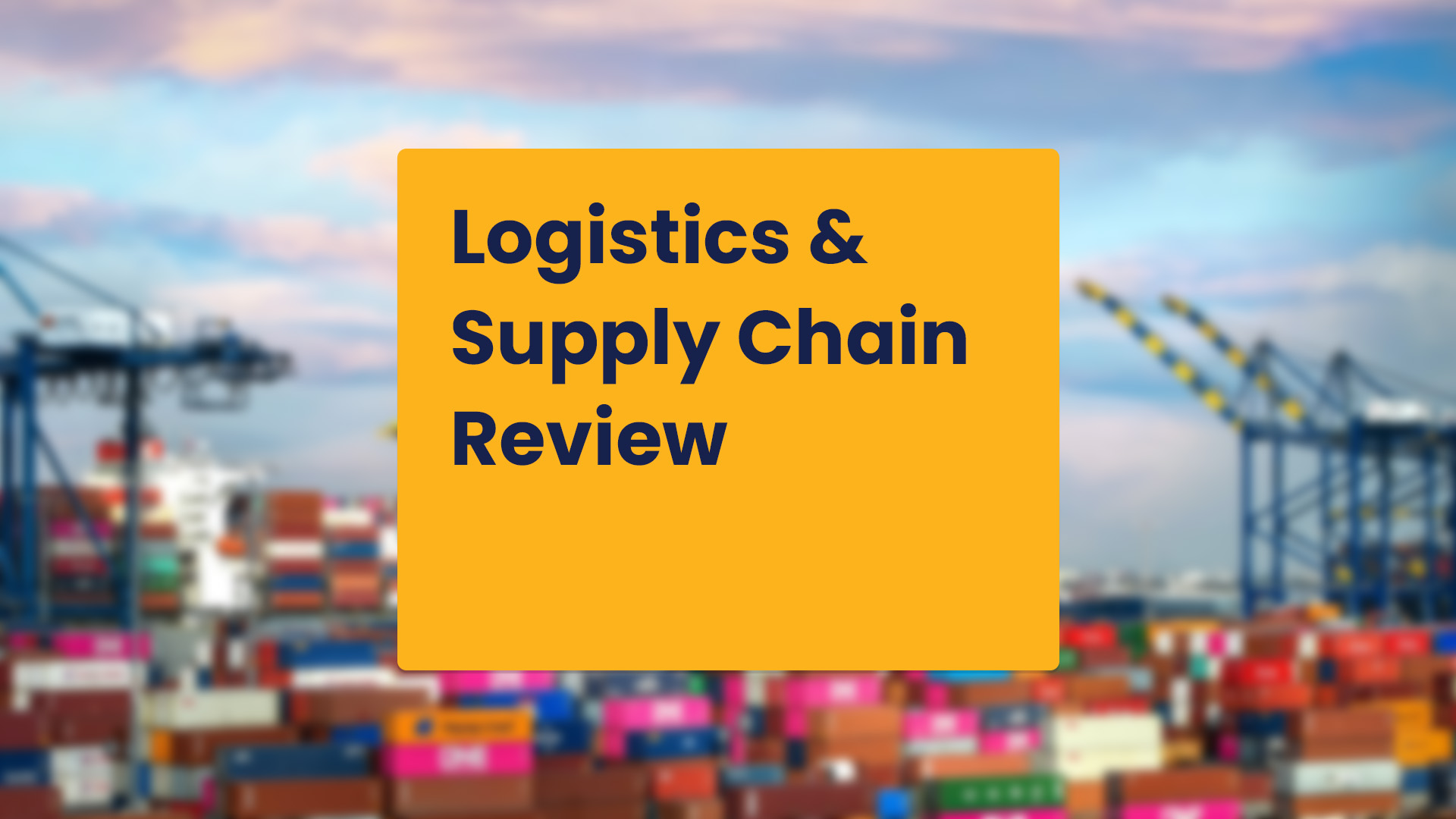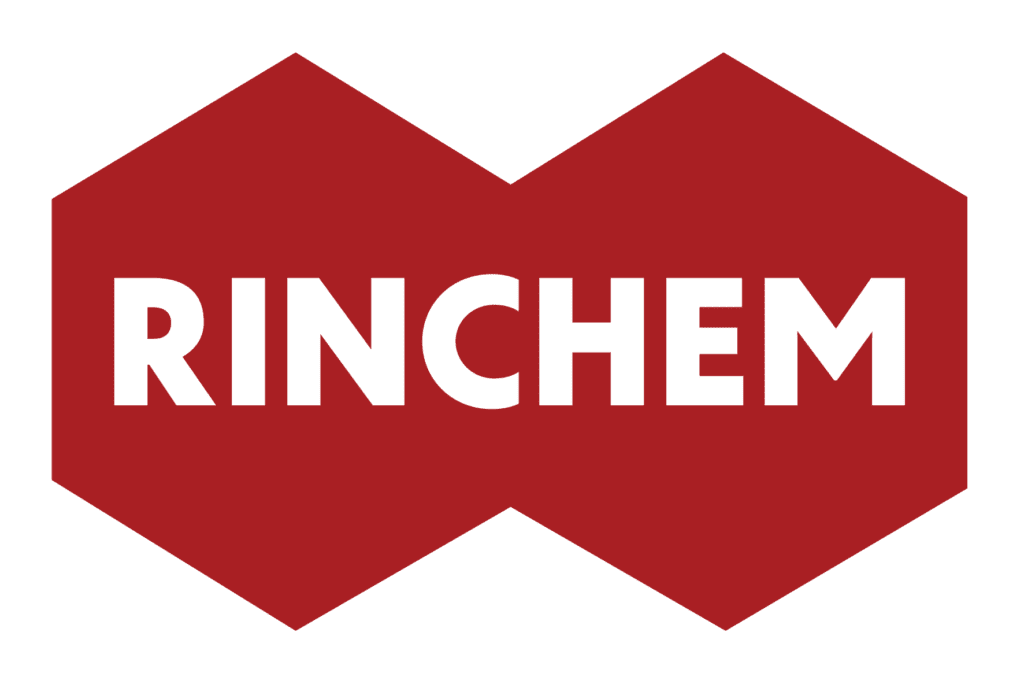Progress, Accountability, and What’s Next

Highlights from the 2023 Rinchem Sustainability Report
Science-Based Targets Approved by SBTi
In 2023, we submitted near-term and long-term greenhouse gas (GHG) reduction targets for validation by the Science Based Targets initiative (SBTi). In early 2024, those targets were approved — aligning Rinchem with a 1.5°C global warming trajectory.
Our approved targets include:
- A 54.6% reduction in Scope 1 and 2 emissions by 2033 (from a 2022 baseline)
- A 32.5% reduction in Scope 3 emissions from upstream transportation and distribution by 2033
- Net-zero emissions across Scope 1, 2, and 3 by 2050
Building the Foundation for Long-Term Emissions Reductions
To support these goals, we’ve completed our second annual GHG inventory and are actively developing a carbon transition plan. This includes evaluating energy-saving technologies, renewable energy options, and strategies to reduce emissions across our operations and supply chain.
Investing in People and Workplace Culture
2023 marked the introduction of our Social Roadmap. We’re formalizing our approach in these areas while continuing to prioritize safety, well-being, and growth for our global workforce.
Stronger Governance, More Transparency
We strengthened our internal policies with a new Business Code of Conduct and improved tools for engagement, including the rollout of the Navex Global platform. This platform provides employees with easy access to company policies and offers an anonymous way to report concerns — supporting a culture of accountability and trust.
Environmental Stewardship in Focus
We’re refining our approach to waste management and plan to complete a full waste audit in 2025 to guide future reduction efforts. In the meantime, we continue to look for ways to minimize waste and improve efficiency across our operations.
Looking Ahead
This report is part of a larger journey — one that requires action, reflection, and a willingness to improve. In the coming year, we’ll continue to develop a robust GHG reduction plan, conduct a full waste audit, and implement additional supplier engagement and risk management processes.
As always, our goal is to minimize environmental impact, support our people, and provide safe, efficient solutions for the transport and storage of critical materials around the world.
Get more articles like this in your inbox
Sign up for our monthly newsletter
Find more articles
More from Rinchem
Weekly Global Logistics & Supply Chain Review | December 3, 2025

Weekly Global Logistics & Supply Chain Review | November 26, 2025

Weekly Global Logistics & Supply Chain Review | November 19, 2025

Weekly Global Logistics & Supply Chain Review | November 12, 2025

